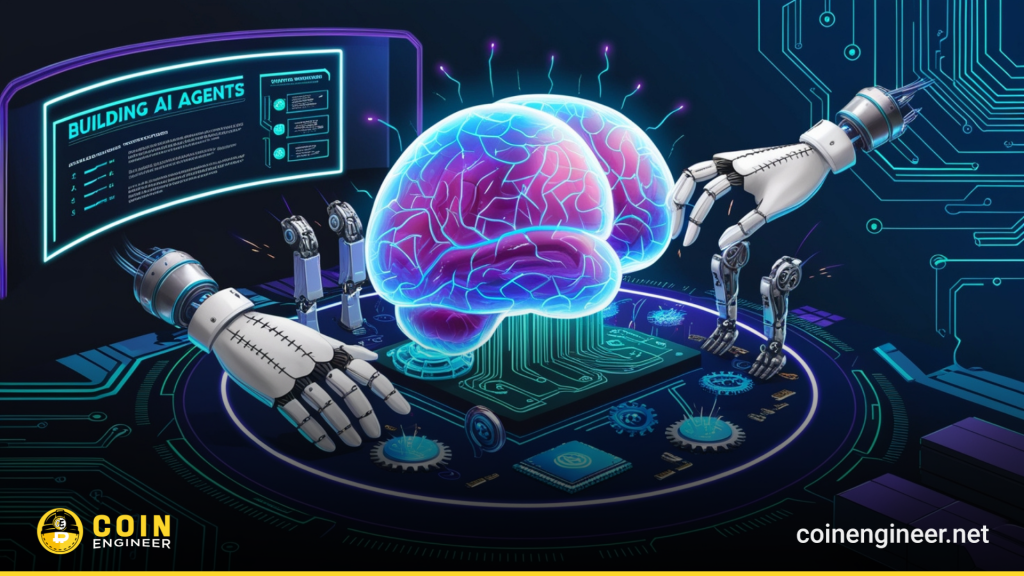AI Agents automate DeFi trading and liquidity, but concerns over data accuracy and safety raise critical questions.
Artificial intelligence (AI) agents have become integral to decentralized finance (DeFi), as the automation of financial systems and trading strategies gains traction in the crypto world. But how safe are they?
AI agents rely on accurate data to automate liquidity provisioning, trading, and portfolio management effectively. However, as adoption grows, concerns about their security and reliability remain pivotal.
Mike Cahill, CEO of Douro Labs and contributor to the Pyth Network, noted that these AI agents depend on “real-time, high-fidelity data to make split-second decisions.”
Cahill explained that errors or manipulation in the data could lead to unintended decisions with significant consequences, which can be mitigated by providing “ultra-low-latency, first-party price updates.”
Real-Time Data in AI Decision-Making
AI agents require precise and timely data to make effective decisions in fast-paced markets. Ideally, this data comes directly from first-party providers such as market makers or exchanges.
These systems aggregate data from multiple sources, reducing the likelihood of manipulation or inaccuracies. With sub-second updates, as fast as one millisecond, they enable agents to respond instantly to market changes.
Cahill: “Pyth ensures agents operate on the most accurate market data available — eliminating risks tied to stale or manipulated information,”, “AI agents excel in speed, precision, and automation.”

Securing AI Agents
One of the biggest challenges for AI agents is operating safely under volatile market conditions, and decentralized systems aim to protect against this risk.
For instance, Oracle Integrity Staking (OIS) requires data publishers to stake capital, aligning their financial incentives with the accuracy of the data they provide. If faulty or manipulated data is supplied, the staked capital is lost.
Cahill noted that Pyth’s OIS mechanism creates an “economic security layer” that aligns with first-party price sourcing and weighted data aggregation, enabling the development of resilient, high-frequency pricing that reflects true market conditions. He also added:
“AI agents can integrate programmable safeguards, such as confidence intervals and predefined slippage thresholds, which prevent them from executing trades under volatile or unreliable conditions.”
Ensuring the Safety of AI Agents in DeFi
Cahill envisions a future where “fully autonomous financial systems operate more efficiently than any human-run market ever could” and expects artificial general intelligence (AGI) agents to emerge within the next one to three years.
“Real-time data gives AI agents the ability to unlock a new era of high-frequency algorithmic trading in DeFi,” said the Pyth contributor. “This is where decentralized markets will not only be faster, more efficient, and fully autonomous but will also surpass traditional finance (TradFi).”
AI agent technology is also evident in recent developments within the crypto industry. For example, Fetch.ai launched a $10 million accelerator program for AI agent startups, and ai16z published a whitepaper outlining its vision for Web3-native AI agents, further advancing this technology.
Also, you can freely share your thoughts and comments about the topic in the comment section. Additionally, please follow us on our Telegram, YouTube and Twitter channels for the latest news and updates.


